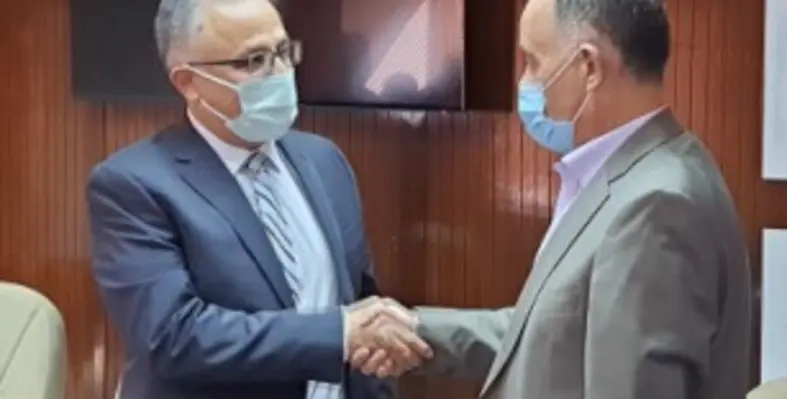The Jordan Ministry of Water and Irrigation has appointed Metito, a provider of total intelligent water management and alternative energy solutions, to rehabilitate Central Irbid Wastewater Treatment Plant (WWTP) and Wadi Al-Arab WWTP following a competitive bid
The project worth US$51mn will cut greenhouse emissions by approximately 6,600 metric tons annually and provide over 10 million cubic metres of treated effluent water per year, creating a more sustainable environment and a healthier community.
According to the Jordanian government, the widening gap between demand and available water supply is fuelled by climate change, as well as the decrease in dam storage and groundwater recharge. Metito will leverage its expertise to construct, operate, and manage the major rehabilitation project. The project will contribute towards mitigating climate change in the wastewater sector and improve environmental circumstances in the plant area, supporting Jordan?s Vision 2025?s goal of achieving water security in the kingdom.
The agreement was signed in Amman, Jordan on 30 May between Minister of Water and Irrigation Muhammad Najjar and Moustafa Hasan, Metito Jordan General Manager.
?It?s a great honour for Metito to work with Jordan?s Ministry of Water and Irrigation on this project. Irbid is a strategic area, and this project will play a role in creating a more sustainable community around the area. The project will have a myriad of positive impacts for the local community, key stakeholders and the wider region, as it becomes a benchmark project of such mega capacity in the kingdom,? commented Moustafa Hasan.
The project scope includes the rehabilitation and upgrade of Irbid Central WWTP (13,000 cu/m per day capacity), and Wadi Al Arab (27,000 cu/m per day capacity). As part of the agreement, Metito will rehabilitate the tertiary treatment in the two WWTPs, upgrade sludge lines, provide robust odour control measures, optimise energy consumption and generate energy utilising biogas. It will also improve the quality of treated effluent to enable reuse and increase the availability of irrigation water in the area. Works are set to begin on 1 July 2021 with completion expected in July 2023.







